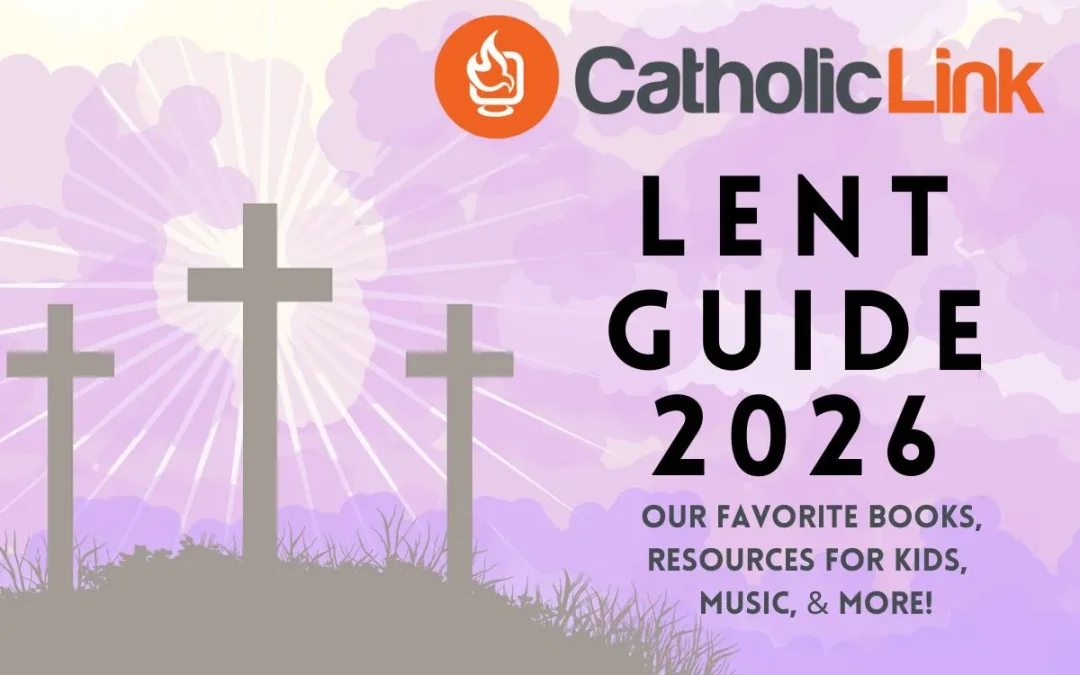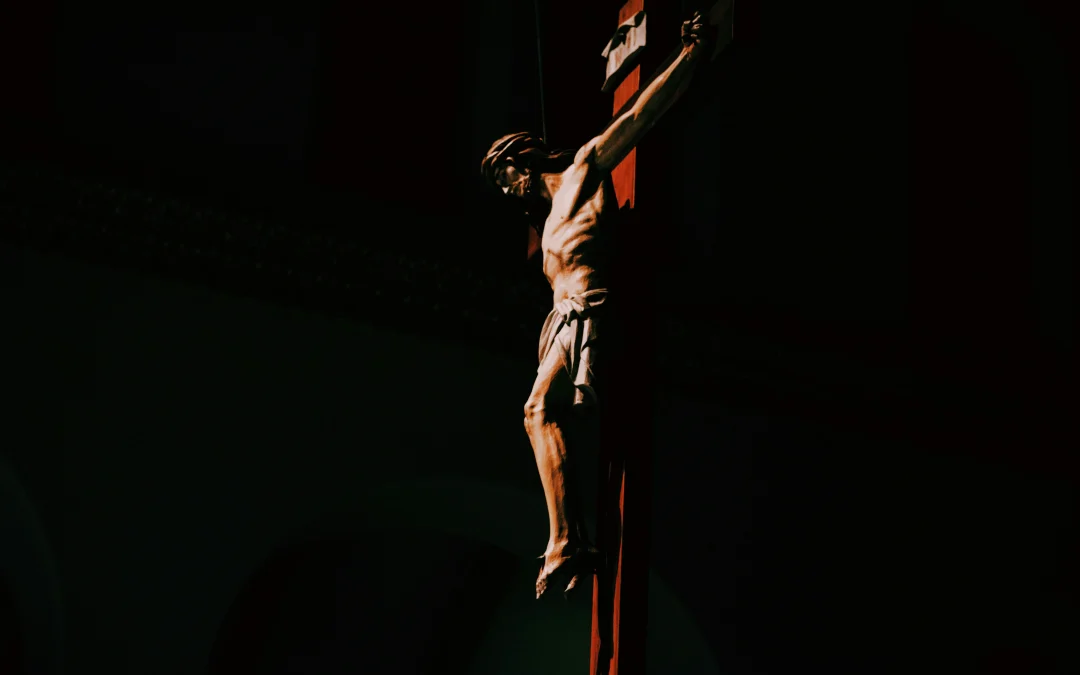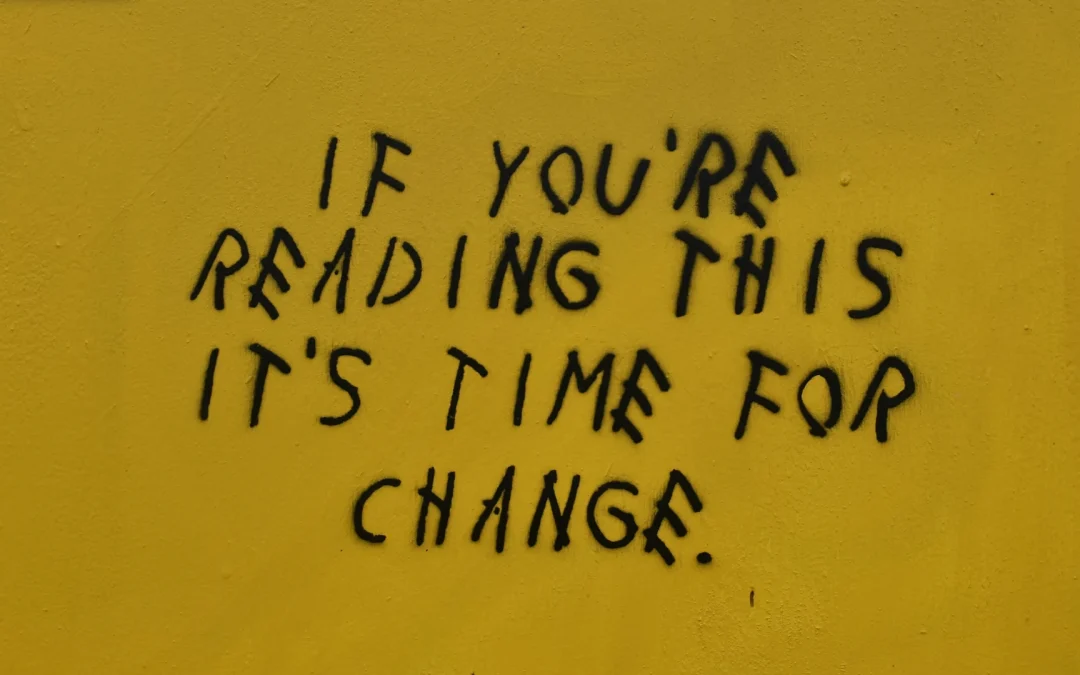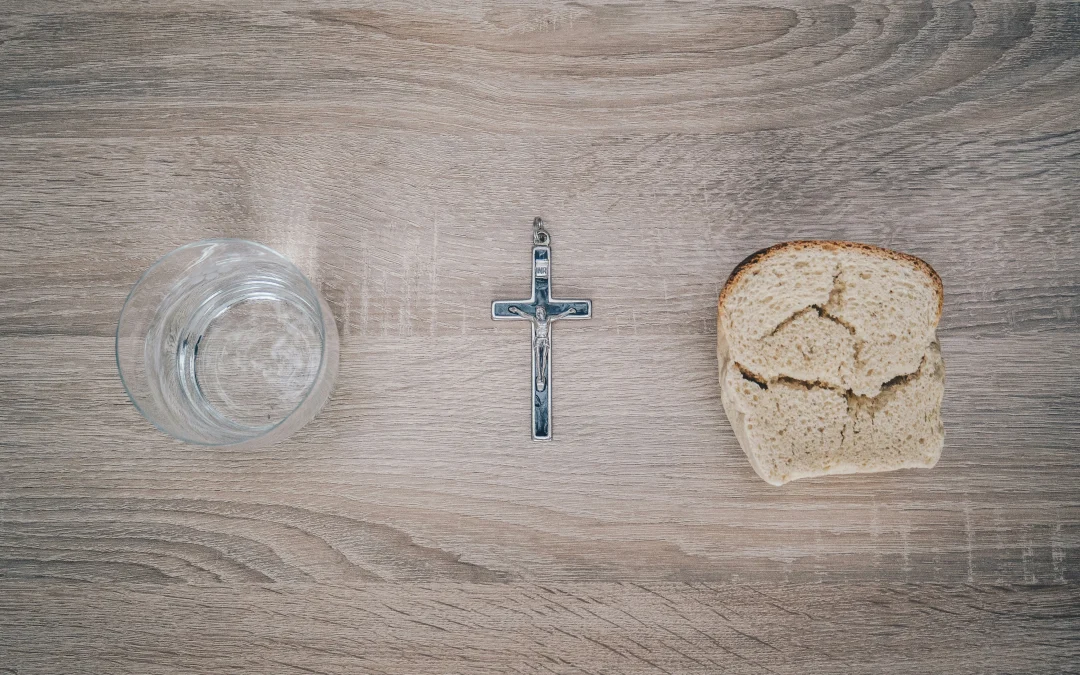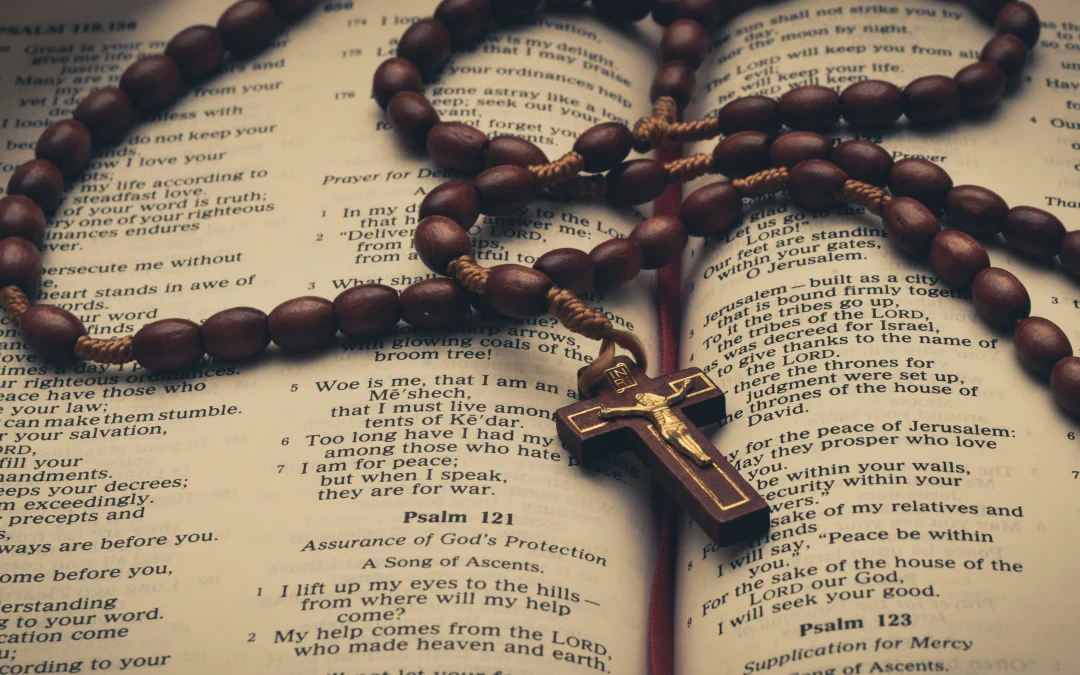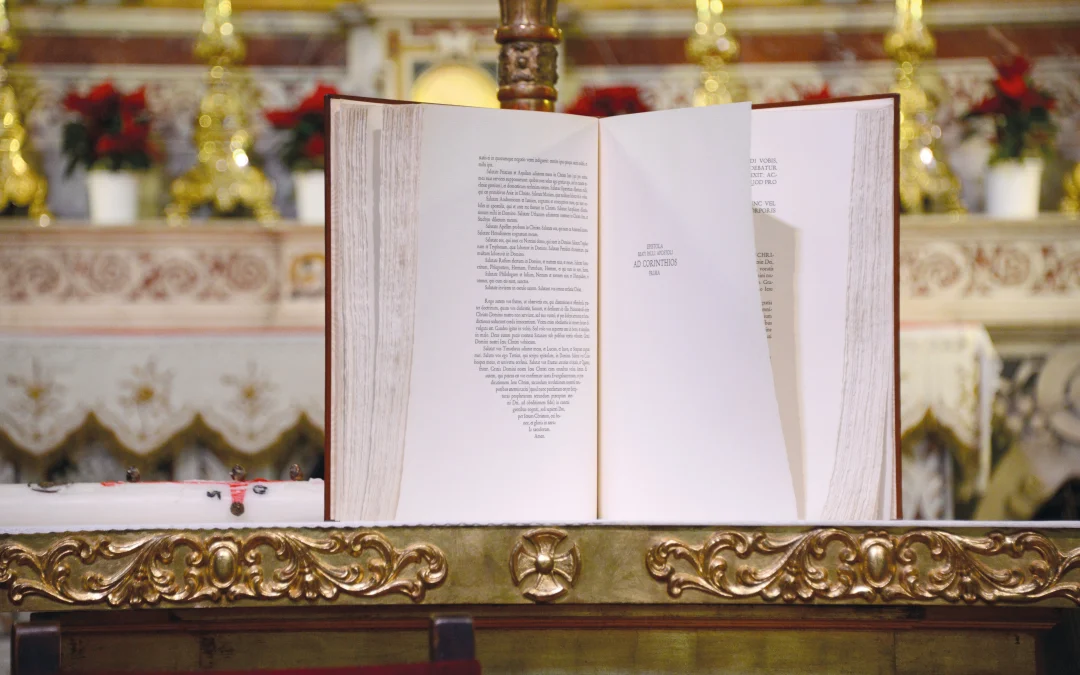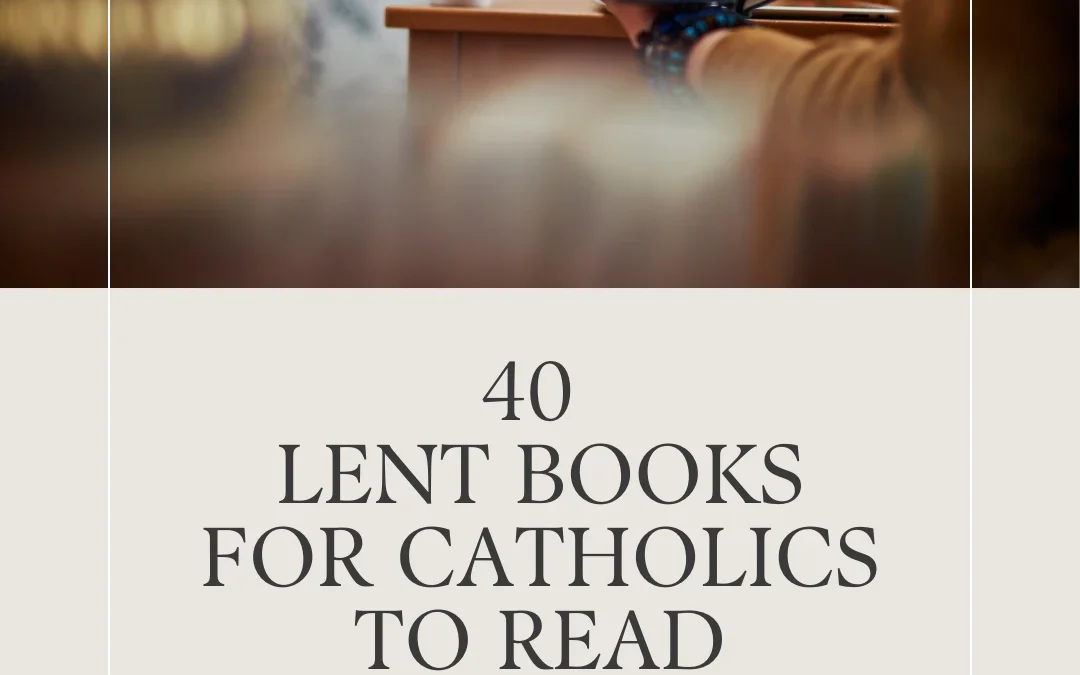Some specify between a “good Catholic” and a “bad Catholic.” Some just denounce another is not a Catholic anymore because they did X or believe Z. Some are “supposed to be” Catholics but no longer practice. Some think that only Catholics who pray the rosary every day are the “real” Catholics. What really makes someone Catholic?
Maybe you don’t think that’s an important question, but think of it this way: former President Biden and current Vice President Vance are opposite politically but both claim to be Catholic. Many people want to denounce one or the other.
Well, that’s like asking, “Who do we kick out of the family?”
This isn’t Survivor. We are not voting anyone off the island or disowning anyone from this family, though it may be tempting when someone is especially embarrassing to the rest of the Church!
I wouldn’t stop calling someone a Catholic just because they are “bad” at it, or even because they aren’t practicing as much as they could. We’re all “bad” Catholics in some way.Rather than draw the line around “us” versus those others, remember the saints’ examples and the guidelines of the Catholic Church… and some humility.
The 5 Precepts Of The Catholic Church
The Catechism of the Catholic Church paragraphs 2041 to 2043 outline what are known as the five precepts of the Church. They are the minimum obligations, as if the head of the Catholic household said, “Please do at least these things!”
1. Attend Mass on Sundays and Holy Days of Obligation
2. Confess your sins annually, at least
3. Receive Communion at least during the Easter season
4. Keep Holy Days of Obligation Holy and 5. Fast and Abstain on the prescribed days.
These are all things that at minimum participation assist a soul in the moral life, “mastery over our instincts and freedom of heart,” hopefully leading to a more devout life that surpasses these minimums.
The Catechism also adds that we should provide for the material needs of the Church according to our means, which is practical. As my mom says, how else are we going to have lights on and AC or heating in the church if we don’t give them money to pay the bills or make repairs? Also, more important than AC, how else will we feed the poor if we don’t give food, money, or best of all our time to the soup kitchen?
Those above precepts are much like the head of a family stating that you should come to a weekly family meal unless you’re sick and generally participate in holidays with the family. You should also contribute something to the moral life and practical needs of those around you.
I think that makes sense, and certainly there are those who don’t do even the minimum. Perhaps, rather than tell them they aren’t “real” Catholics, we should just encourage them to participate. They might just not know!
As Saint Mother Teresa bluntly encouraged us all, “Please for the love of God take the trouble to be holy!”
The Bible defines a follower of Christ as someone who takes up their cross and follows Jesus Christ (Matthew 16:24) and those who believe and are baptized (Mark 16:16), which our Catholic faith confirms through further theological elaborations. For our purposes, it is important to note that many people are baptized but not Catholic while many are baptized Catholic and no longer practicing. Everyone seems to be a work in progress!
Even our own leaders are not perfectly exemplary of what makes someone Catholic. As Bishop Barron points out, “We are not Catholic because of the moral excellence of our leaders. God help us if we were. We are Catholic because of Jesus Christ, crucified and risen from the dead.”
Insight from Brian Howell opens our mind to another way of approaching this topic. In his article “The repugnant cultural other speaks back” in Anthropological Theory, he writes about the difference between consenting to a set of teachings and living an active commitment to Christ. A woman he interviewed explained that some Methodists were Christian and some were not, clearly not based on their doctrines but on their commitment.
What does all this mean for defining who is Catholic? You should follow the Church guidelines and take to heart the insights of the Bible, saints, and your mentors. Turn to the sacraments frequently!
Someone might be incredibly committed to the Catholic faith in their following of Christ while wrestling with a certain teaching or tradition. Someone else might consent to all the teachings but barely show love of God or neighbor. Both are part of our Catholic family and need our fellowship.
Wouldn’t it be nice if every Catholic were always a living saint? It is important to remember that we are all called to be saints. With that in mind, if someone is a devout or fallen-away Catholic, it is part of their journey to sainthood, and we should encourage them to grow closer to Christ through the rich traditions and sacramental graces of our beautiful Catholic faith.

